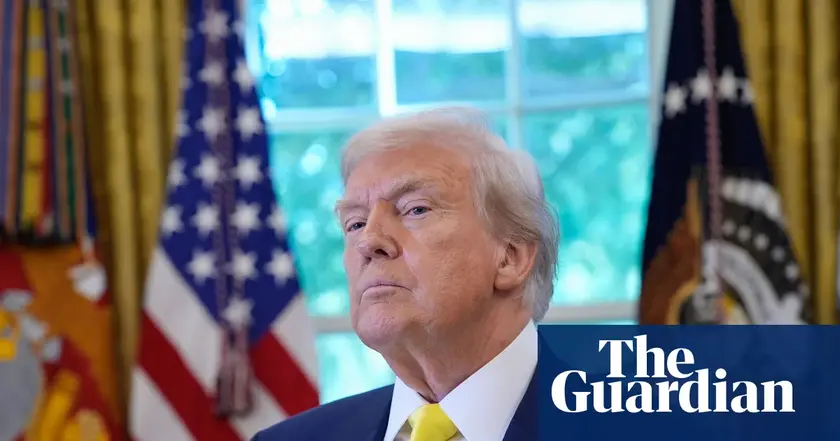T4K3.news
Ruling on military involvement in immigration enforcement
A San Francisco judge is deciding if National Guard deployment in Southern California crossed legal lines, a ruling that could redefine federal state powers.
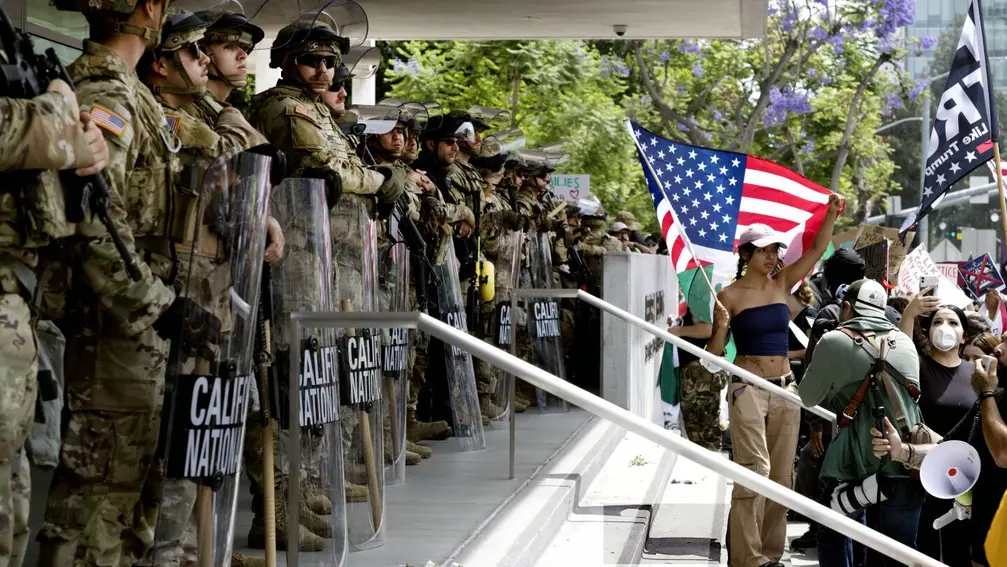
A federal judge in San Francisco weighs whether the Trump administration violated federal law by sending National Guard troops to accompany immigration agents in Southern California.
Judge to decide if Trump broke law with National Guard deployment to LA
SAN FRANCISCO AP — A federal judge in San Francisco heard three days of testimony on whether the Trump administration violated the Posse Comitatus Act by using National Guard troops to support immigration raids in Southern California. California argues the act bars military involvement in civilian law enforcement, while the defense says the Guard was called into federal service under a presidential authority that allows action when regular forces cannot execute the laws. Testimony from federal and military officials focused on how the troops were used and whether they performed law enforcement tasks beyond protection.
The proceedings described deployments where Guard members guarded federal property, helped guard detention centers, and, in some cases, detained people or blocked streets. The government contends troops were not acting as police, while California says there was an active role in enforcing civilian law. The judge’s decision could determine whether remaining troops stay under federal direction or return to state control, and it may shape how similar actions are handled in California and elsewhere.
Key Takeaways
"The question in this case is whether the troops that have been stationed in Los Angeles have or have not crossed that line"
Judge weighs whether troops acted as military or police
"If the purpose is the protection of law enforcement officers, it isn’t law enforcement in the first place"
Attorney General's office arguing the act does not apply
"For all the pretense and wordsmithing defendants have tried to employ, the facts are inescapable: The activities defendants have ordered Task Force 51 troops to engage in across Southern California violate the Posse Comitatus Act"
California argument asserting violation
"There is a constitutional inherent protective power at work"
Executive branch argument
This case tests a core question of governance: where does military power end and civilian policing begin? The government argues a president can call the guard into federal service when state capacity is overwhelmed, while California contends that any direct enforcement by troops crosses a constitutional line. The outcome will send a signal about how the United States balances security needs with constitutional limits in a politically charged moment.
Beyond the facts of the trial, the case highlights ongoing tensions over immigration policy and how courts check executive power. A ruling that tightens the line could curb future deployments, while a ruling that broadens authority could embolden federal actions in other states and undercut state sovereignty.
Highlights
- Protection is not policing even with a badge
- Guard duty should not morph into civilian law enforcement
- Power tests are decided in the courtroom not on the street
- Ruling here could redraw federal state authority on security and immigration
Political sensitivity and potential backlash
The case involves immigration enforcement and the use of military forces at home, a topic likely to draw political attention and public scrutiny. The decision could provoke backlash from immigrant communities and lawmakers and influence future policy debates.
The ruling will shape how future federal state collaborations are reviewed and enforced
Enjoyed this? Let your friends know!
Related News
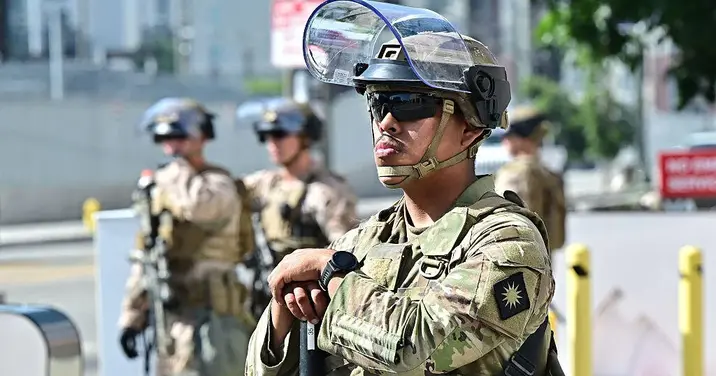
LA deployment tests limits of federal military authority
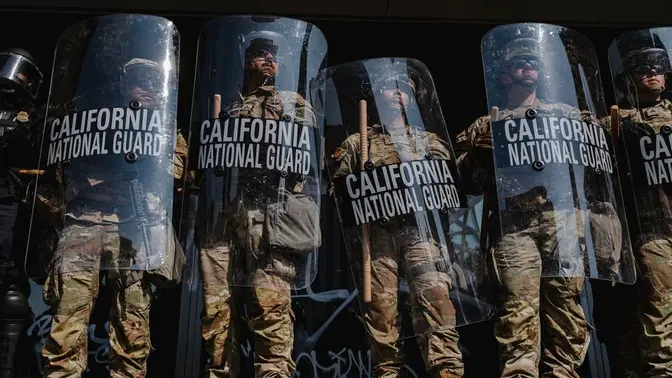
Trump National Guard case heads to California court
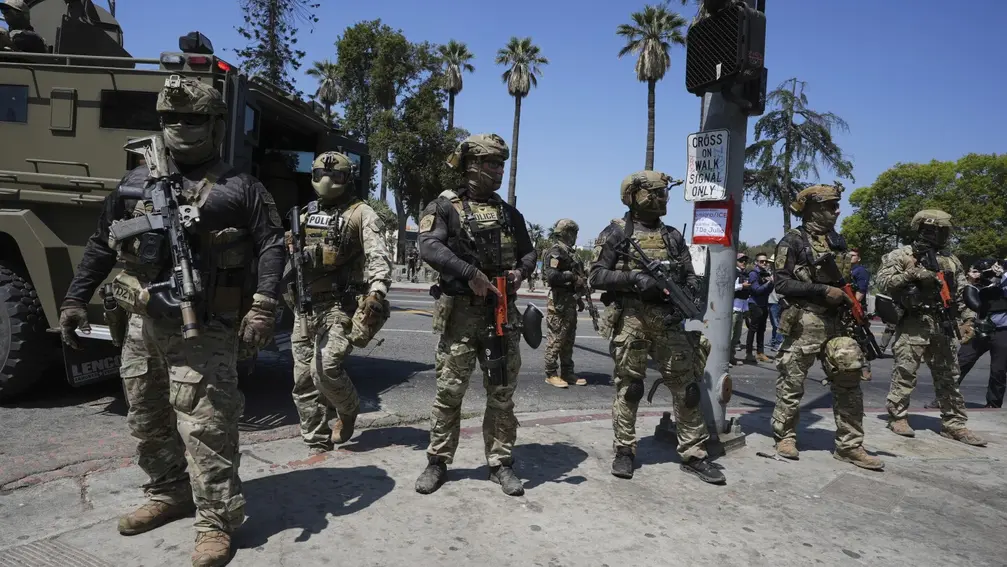
Posse Comitatus Debate Reaches Court
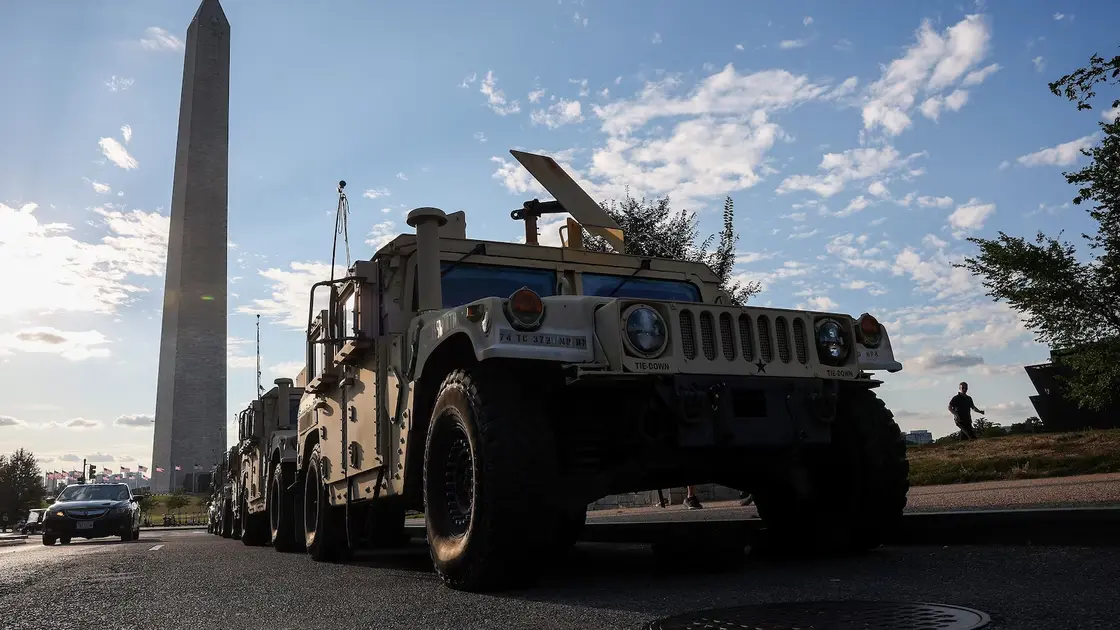
National Guard deployment in D.C.
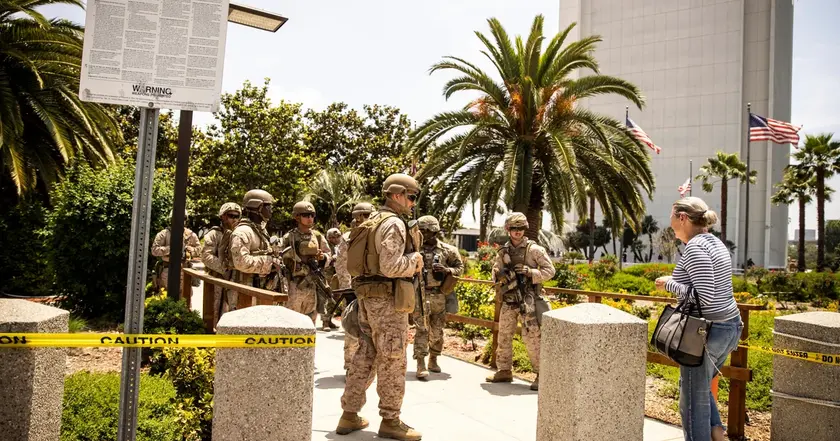
Judge weighs limits on presidential authority in National Guard deployment
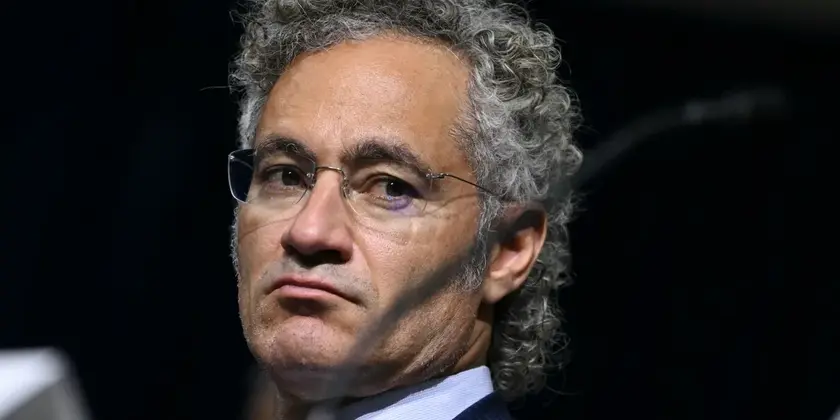
Palantir surpasses $1 billion in quarterly revenue

Manufacturing revival linked to new US tariffs announced
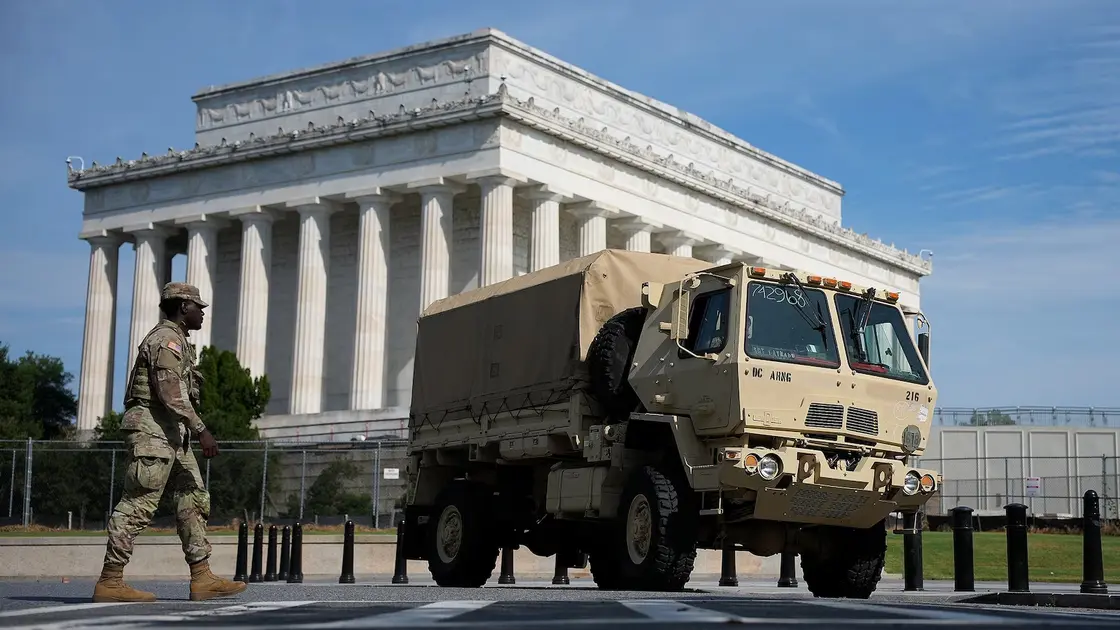
National Guard Patrols Begin in DC
